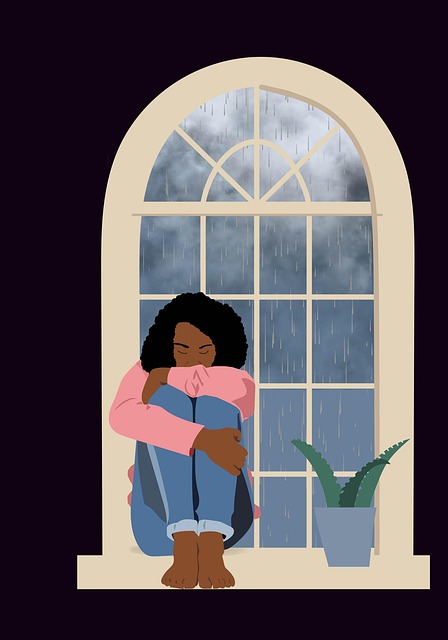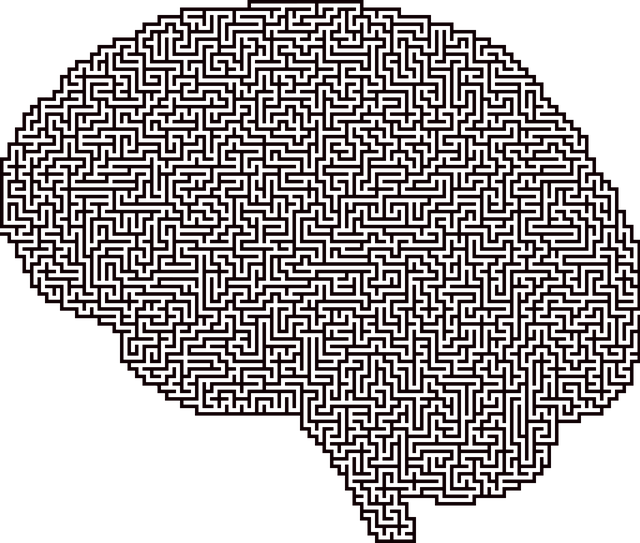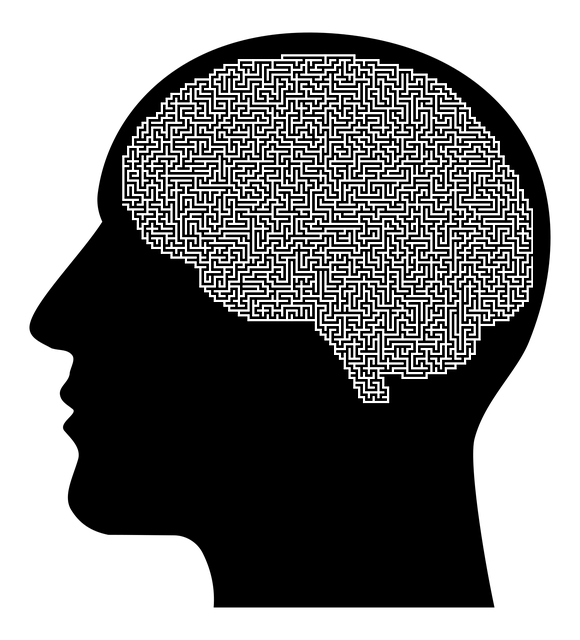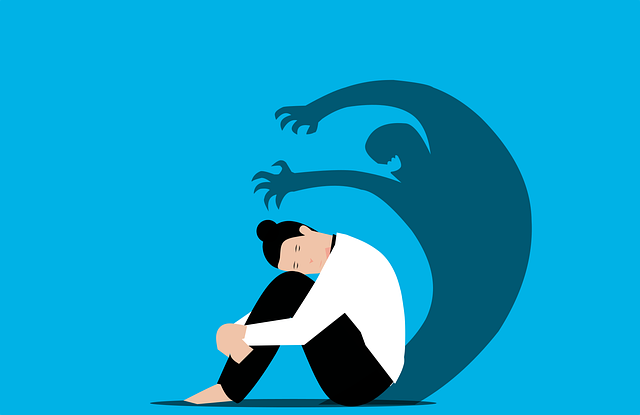Loss, grief, and bereavement are complex emotions impacting individuals post-life changes, especially the death of a loved one. Understanding these processes is crucial for those interested in Northglenn Couples Communication Issues Therapy or self-care practices to enhance mental health. Effective management involves recognizing multiple facets of grief and understanding there's no 'right' way to grieve. Tailored stress reduction methods, robust self-care routines, and emotional intelligence can help navigate challenges. Northglenn Couples Communication Issues Therapy offers a safe space for expression, conflict resolution guidance, and tailored Mental Wellness Coaching Programs Development, empowering individuals to process grief, improve communication, build resilience, and ultimately heal.
Loss, grief, and bereavement are natural yet profound responses to significant life changes. Understanding these concepts is crucial in navigating the emotional complexities that follow a loss. This article explores key definitions and delves into the transformative power of counseling, highlighting its role in helping individuals and Northglenn couples cope with loss. We discuss specific strategies for managing grief while addressing communication issues through therapy, offering valuable insights for those seeking healing after loss.
- Understanding Loss, Grief, and Bereavement: Defining Key Concepts
- The Role of Counseling in Navigating Difficulties After Loss
- Northglenn Couples Communication Issues: How Therapy Can Help
- Effective Strategies for Coping with Grief and Bereavement
Understanding Loss, Grief, and Bereavement: Defining Key Concepts

Loss, grief, and bereavement are complex emotional processes that often accompany significant life changes, particularly the death of a loved one. Understanding these concepts is crucial for anyone considering Northglenn Couples Communication Issues Therapy or self-care practices aimed at enhancing mental health.
Grief is a natural response to loss, encompassing a range of emotions and physical sensations. It’s not simply sadness; it can include anger, guilt, confusion, and even relief. The process of grieving varies greatly from person to person, with no ‘right’ or ‘wrong’ way to experience it. Bereavement, on the other hand, refers to the period after a significant loss when individuals cope with their emotions and adjust to life without their loved one. This phase often involves intense feelings and can impact various aspects of daily functioning. Developing a robust self-care routine, coupled with emotional intelligence, can be beneficial in managing these challenging times, especially through stress reduction methods tailored to individual needs.
The Role of Counseling in Navigating Difficulties After Loss

After a significant loss, navigating the subsequent grief and bereavement can be an intensely challenging journey. This is where counseling plays a pivotal role in guiding individuals through this difficult process. Through Northglenn Couples Communication Issues Therapy, trained professionals offer a safe space for clients to express their emotions, work through complex feelings, and develop healthy coping mechanisms.
Counseling provides valuable tools for managing mental wellness during these trying times, particularly through tailored Mental Wellness Coaching Programs Development. It empowers individuals to process their grief, enhance communication skills, and foster a sense of resilience. Additionally, professionals conduct Risk Assessment for Mental Health Professionals to ensure the well-being of both clients and therapists. Even simple practices like Mental Wellness Journaling Exercise Guidance can be beneficial in processing emotions and supporting overall mental health recovery.
Northglenn Couples Communication Issues: How Therapy Can Help

In many relationships, Northglenn couples may face communication issues that can lead to unspoken grievances and unresolved conflicts. This is often a result of differing perspectives, expectations, or simply a breakdown in the way partners share their thoughts and feelings. When left unaddressed, these communication barriers can deepen over time, causing strain on the relationship. Therapy serves as a powerful tool to navigate and overcome Northglenn couples communication issues.
Through professional guidance, couples can learn effective conflict resolution techniques, including mindfulness meditation practices that foster better listening and understanding. Therapists skilled in mental health policy analysis and advocacy can help partners gain insights into their behaviors and patterns, encouraging open dialogue and fostering a safe space for expression. This supportive environment allows the couple to explore underlying issues, repair damaged communication channels, and strengthen their bond.
Effective Strategies for Coping with Grief and Bereavement

Grief and bereavement are complex processes that can be challenging to navigate. However, several effective strategies can help individuals cope with their loss. One crucial aspect is seeking professional support from therapists or counselors who specialize in Northglenn Couples Communication Issues. These professionals can provide a safe space for expression and guidance tailored to the individual’s unique journey of mourning.
Additionally, mental health professionals can employ empathy-building strategies to foster understanding and connection. Assessing the risk factors for mental health complications is also essential. Techniques such as mindfulness practices, support groups, and art therapy can offer anxiety relief and help process emotions. By combining professional Northglenn Couples Communication Issues therapy with coping mechanisms, individuals can better manage their grief and eventually find a sense of healing.
Loss, grief, and bereavement can profoundly impact individuals and relationships, especially in complex scenarios like Northglenn couples communication issues. Counseling plays a pivotal role in navigating these difficulties by providing a safe space to process emotions, improve communication, and develop effective coping strategies. Through therapy, couples can enhance their bond, foster understanding, and find healing after loss, ensuring they emerge stronger and better equipped to face life’s challenges together.














